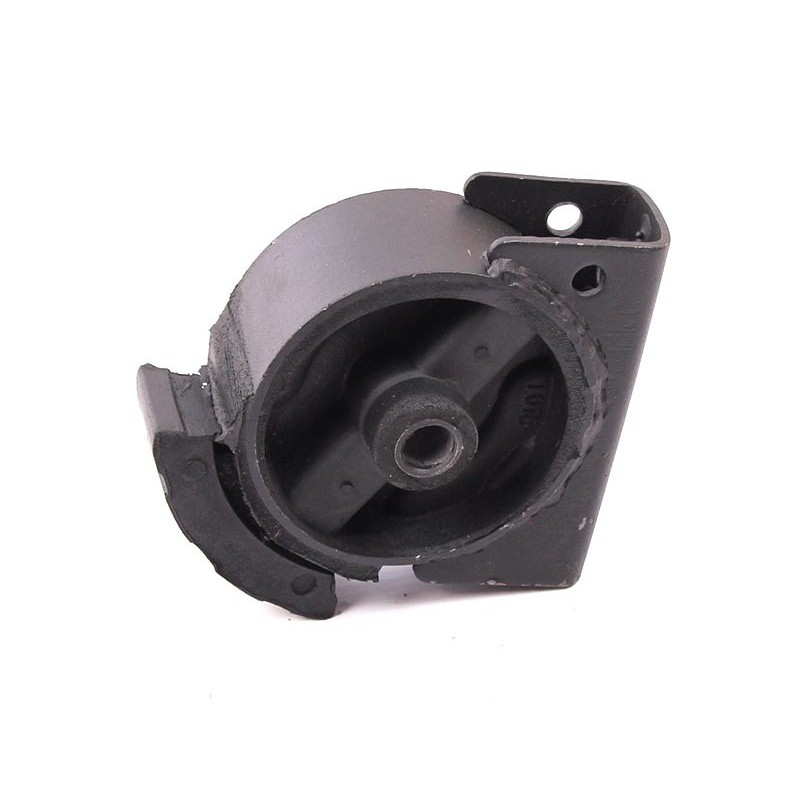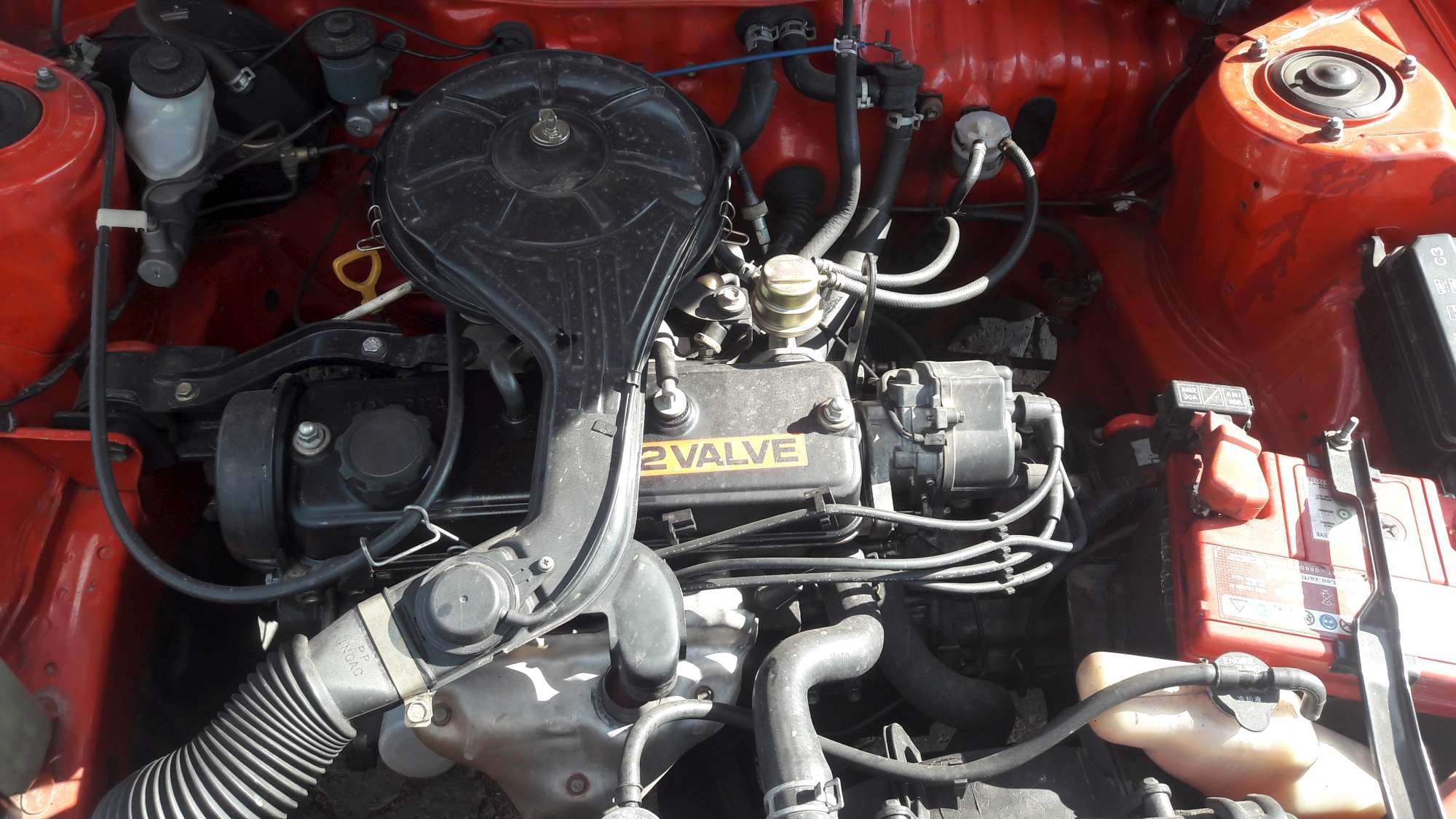Update Your Adventure with Real Toyota Tazz Engine for Sale
Update Your Adventure with Real Toyota Tazz Engine for Sale
Blog Article
Engine Acquiring Expert Tips on Selecting the Right Engine for Your Particular Needs
Choosing the best engine for your specific demands entails a complicated interplay of elements that go beyond plain horsepower numbers. From power output to fuel performance, the decision-making process can be daunting. Comprehending the nuances of engine kinds, dimensions, and their compatibility with your vehicle is crucial. There are experienced pointers that can help navigate this terrain with confidence. By delving into the ins and outs of power versus performance, reviewing fuel rankings, and budgeting for lasting prices, one can genuinely enhance their engine option.
Power Vs. Performance: Locating the Balance

When selecting an engine, it is crucial to strike an equilibrium between power and performance to meet your certain demands properly. Power describes the engine's capacity to generate energy for propulsion, establishing elements like velocity, hauling capability, and total efficiency (Toyota Tazz Engine For Sale). On the other hand, effectiveness connects to exactly how well the engine utilizes fuel to produce power, impacting elements such as fuel economy and ecological friendliness
Attaining the right equilibrium in between power and effectiveness is vital since an engine that is also powerful might take in excessive fuel, causing greater operating expense and unneeded stress on the atmosphere. Conversely, an engine that focuses on effectiveness over power might lead to sluggish performance, especially in requiring situations like pulling hefty loads or driving uphill.
To make an informed choice, consider elements such as your common driving conditions, the designated use the vehicle, and your personal choices. By examining your top priorities and demands, you can pick an engine that strikes the ideal balance in between power and performance, ensuring ideal performance while minimizing ecological influence and operating prices.
Comprehending Engine Size and Kind

Additionally, engine kind plays an essential function in figuring out the efficiency features of an engine. Usual engine types include inline engines, V engines, and rotary engines, each with its unique benefits and disadvantages. The engine type affects variables such as the engine's size, weight circulation, and power distribution. Understanding the interaction between engine dimension and kind is important in choosing an engine that lines up with your specific requirements and top priorities, whether it be power, efficiency, or an equilibrium of both.
Consider Your Automobile's Demands
If you are looking for an engine for a durable truck that will be used for towing, you will certainly need an effective engine with high torque abilities. On the other hand, if you are selecting an engine for a portable car mostly used for city commuting, gas performance might be a more essential aspect to take into consideration.

Examining Gas Effectiveness Ratings
Analyzing gas effectiveness ratings is a vital facet of choosing the best engine for your car, making certain cost financial savings and environmental sustainability. Fuel performance scores, usually gauged in miles per gallon (MPG) for fuel engines or kilowatt-hours per 100 miles (kWh/100 miles) for electrical engines, indicate just how much a lorry can take a trip on a certain amount of fuel or power. Greater MPG or reduced kWh/100 miles values signify more efficient engines, converting to minimized gas expenses and lower carbon emissions.
Additionally, compare different engine alternatives within the same Our site lorry class to determine the most cost-effective selection. Aspects such as engine dimension, weight, aerodynamics, and hybrid or electrical capacities can all influence gas performance.
Budgeting for Long-Term Expenses
Tactically preparing for long-lasting expenditures is important when picking an engine, guaranteeing monetary sustainability over the lorry's life-span. While the first purchase rate of an engine is a substantial aspect, it is important to consider the lasting expenses linked with maintenance, repair work, and fuel usage.
Furthermore, investigating the schedule and cost of substitute components for the chosen engine is crucial in budget planning. Engines with economical and readily available components can significantly influence lasting maintenance expenses. Additionally, considering the engine's durability and anticipated life-span can help avoid unexpected replacement prices in the future. By very carefully find budgeting for these lasting costs and factoring them right into the decision-making process, people can select an engine that not just fulfills their immediate requirements however also continues to be economical throughout its life-span.
Conclusion
Finally, choosing the appropriate engine for your certain demands calls for stabilizing power and performance, comprehending engine dimension and type, considering your car's requirements, assessing gas effectiveness ratings, and budgeting for long-lasting expenses. By thoroughly taking into consideration these variables, you can guarantee that you select an engine that satisfies your requirements and gives optimal efficiency for your continue reading this automobile.
To additionally improve the selection procedure of an engine that strikes the ideal balance between power and performance, it is essential to delve into the ins and outs of understanding engine dimension and type. Engine dimension refers to the overall quantity of air and gas that can be pushed with the engine cylinders. Typical engine types consist of inline engines, V engines, and rotating engines, each with its one-of-a-kind benefits and drawbacks. Understanding the interaction between engine dimension and type is crucial in picking an engine that aligns with your details demands and top priorities, whether it be power, effectiveness, or an equilibrium of both.
Fuel performance ratings, typically determined in miles per gallon (MPG) for gasoline engines or kilowatt-hours per 100 miles (kWh/100 miles) for electric engines, indicate just how much a lorry can take a trip on a certain quantity of fuel or electrical energy.
Report this page